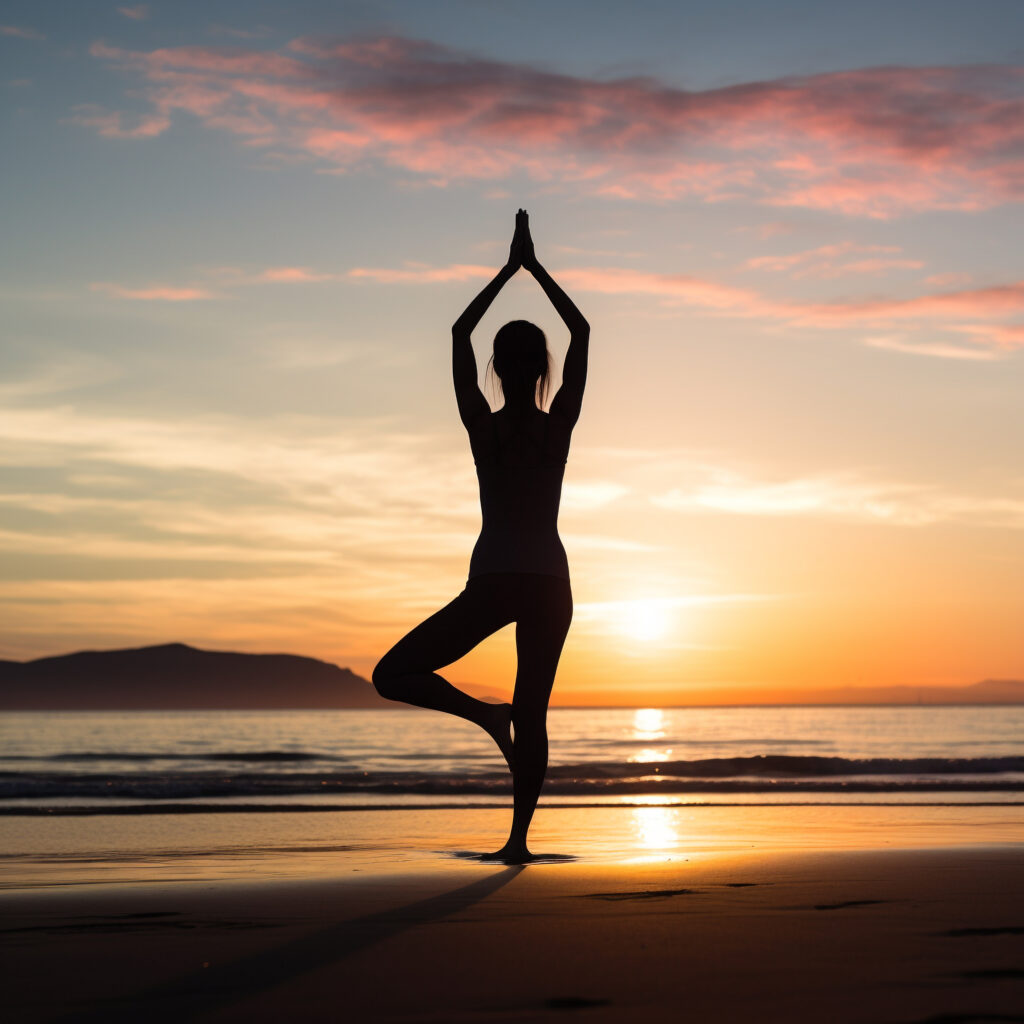What is Yoga?
Yoga originated in ancient India as a spiritual discipline, and included moving the body through specific postures, breathing techniques and meditation. The word yoga comes from the Sanskrit root “yuj”, which means to join, or to unite. The intentional practices of yoga were used to connect the mind, body, and spirit, uniting individual consciousness with universal consciousness.
The focus of modern classes varies widely from purely concentrating on the physical aspects of yoga, to including many of the spiritual practices such as breathwork (pranayama), meditation and the philosophy of living a yogic lifestyle. The different poses and sequences may concentrate on building muscle strength or stamina, increasing flexibility, or may be used to calm and focus the mind.
Who can benefit and where should I start?
Everyone can benefit from yoga, although it is important to find a class which suits your level of mobility, fulfills your intention in starting a yoga practice and brings you joy. Always inform your instructor if you are pregnant or suffer from any health issues, especially heart disease or high blood pressure, which may require you to modify certain practices.
There is such a variety of yoga styles that it can be overwhelming knowing where to start. A good place is often a hatha yoga class. This type of class offers slow movements into poses, giving the opportunity to learn the basic postures and increase your strength and flexibility. Focusing your attention on deliberate body movements often allows the mind to relax, bringing about a feeling of peace and wellbeing.
Different yoga styles
Once you are familiar with the basic poses, or if you wish to start with a specific type of yoga, there are many distinctive styles to try, a few of which are described below. In-person classes are best for learning the correct techniques to begin with, however once you are confident with the poses, there are a variety of online classes (either live or recorded) and phone apps to try out.
- In vinyasa or flow classes, you will move rhythmically from one pose to the next, with the sense of a choreographed dance. These classes can be challenging, depending on the teacher, so try to find a “slow flow” to ease yourself in.
- Ashtanga and rocket yoga are also a form of vinyasa, or flow class. The classes are composed of a set series of poses synchronized with the breath and are often fast paced and intense.
- Bikram and other forms of hot yoga take place in a heated room.
- Iyengar classes focus on alignment and make use of props such as blocks, bolsters, and belts to maintain the correct posture in each pose.
- Restorative and yin classes focus on increasing flexibility through long holds of seated and lying poses, often using props to allow the body to maintain the positions. Restorative is a very restful practice, where yin may be slightly more intense.
Whichever style you choose, we hope you bring a sense of curiosity and openness to your practice and enjoy the exploration of what is new.
